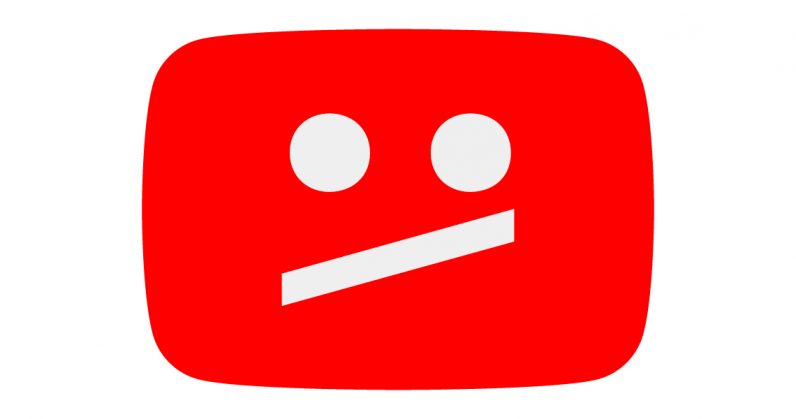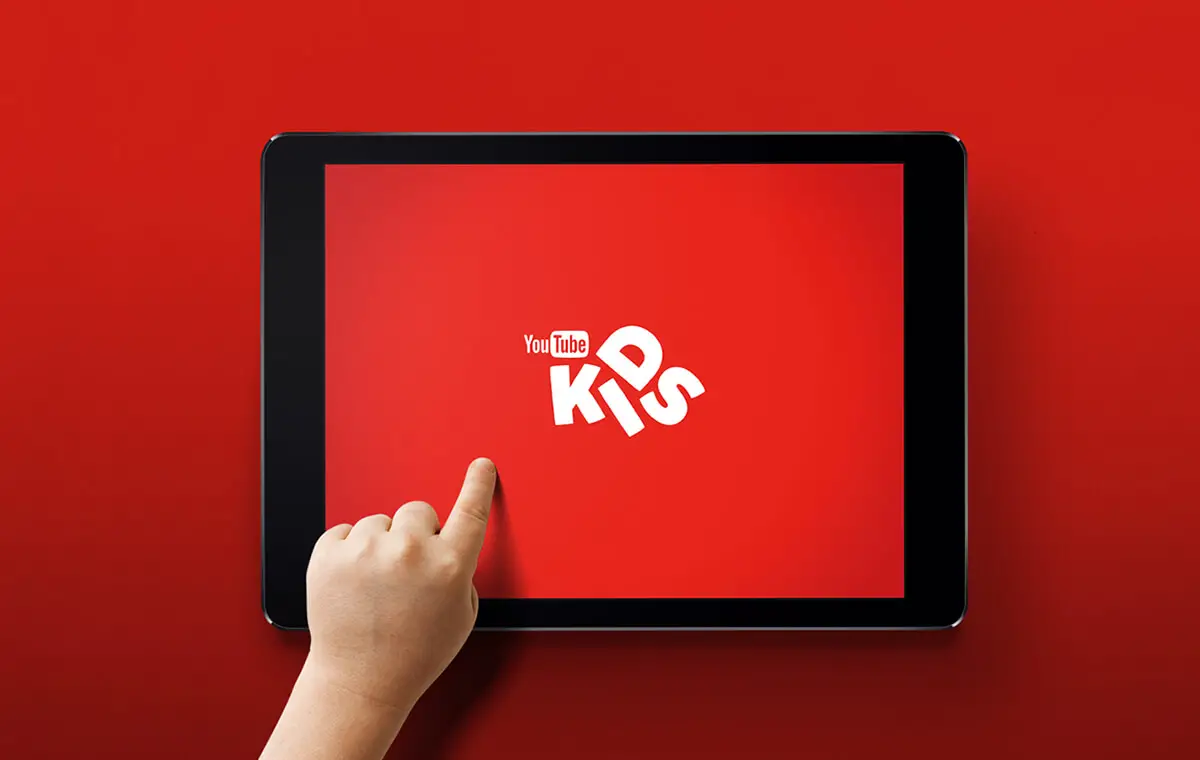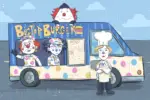Over the past two months, the world has witnessed multiple social media sites take staggering blows, with Snapchat losing millions of dollars because of the Rihanna situation, and with Facebook trying to salvage itself from privacy violations.
For some reason, 2018 is turning out to be the downfall of social media, and critics are now exposing YouTube for profiting from children’s data that it wrongfully collected.
With the number of people, old and young, who have access to different networking platforms, privacy policies are imperative. Each year, it seems that children of increasingly young ages have devices at their disposal, and that means the world needs more protection regarding privacy.
According to more than 20 consumer advocacy groups, YouTube has been collecting and profiting from personal information of children who are younger than 13-years-old.
In YouTube’s policy, it says that a user of the platform must be older than 13. Otherwise, they need their parents’ permission. Furthermore, if a user watches a video on the site, that means they are confirming their age is 13 or higher.
So, to protect children from harmful content, YouTube created a stand-alone YouTube Kids application that filters videos from the main site.
Through filtering, it allows parents to have peace of mind that YouTube won’t expose their child to inappropriate content for their age. That said, YouTube has had some problems with videos getting through that go beyond PG rating.
While this application protects children from the spam of targeted commercials, views of videos on their main site that are tailored to kids implicate YouTube of collecting information from young viewers. For example, there are many popular videos of various cartoon episodes and videos of nursery rhymes that are indicative of the targeted age.
Because of this, advocacy groups are filing a complaint against the site for violating child privacy laws. Under the Children’s Online Privacy Protection Act, “parents [have] control over what information websites can collect from their kids.”
In 2012, the act was modified for the digital age to include mobile devices. So, the site needs to get parental consent for them to collect data on children before they can gather and use it.
Ultimately, the advocacy groups are saying that YouTube violated the law and improperly collected information from 23 million children over the course of years. With several pieces of evidence to back their claim, the groups filed a complaint with the Federal Trade Commission to investigate the issue.

According to a member of the Center for Digital Democracy, which is one of the advocacy groups that filed the complaint, YouTube “deliberately lured young into an ad-filled digital playground. Just like Facebook, Google has focused its huge resources on generating profits instead of protecting privacy.”
Because it’s a subset of Google, YouTube follows Google’s privacy policy, which explains how they collect information from people and how they specifically create ads for people.
With advertisements that are toy-orientated and channels that are dedicated to different cartoon shows, YouTube is bringing young children into the world of consumerism faster. Ultimately, COPPA was created to protect children from exploitation like this, which is why the FTC is taking the complaint very seriously.
Ever since discussions about the complaint became public, a spokesperson from Google said, “Protecting kids and families has always been a top priority for us. We will read the complaint thoroughly and evaluate if there are things we can do to improve.”
Honestly, the response comes across just as hollow as the apology and promises that Mark Zuckerberg delivered when whistleblowers exposed the Cambridge Analytica scandal. People will have to see how YouTube handles the issue and how much the FTC uncovers in their investigation.
Depending on what the FTC uncovers, the investigation may require that YouTube creates an age gate that would make people confirm their age before entering the site. However, it’s easy to lie about your age, and that could make older viewers annoyed. Will such an implementation really improve anything?
At the core of privacy issue, YouTube needs to improve at directing videos to their YouTube Kids site, which follows COPPA restrictions.
If all kid content is on that site, then children won’t have a reason to go on the main site and have their information collected to have advertisements catered to them and have their information available to companies. With a better system, YouTube could avoid privacy violations.
Ultimately, the YouTube privacy issue that people exposed is significant because it involves young children, but they could solve the issue with better monitoring and video direct system.
Consequently, the scandal could hurt YouTube’s reputation and cost them billions of dollars if it turns out they did violate the privacy of 23 million children. After all, in the complaint, the advocacy groups asked the FTC to fine $41,484 for each child affected.
In the end, YouTube may face the consequences monetarily, but with their popularity, they will continue to thrive. With multiple social media sites violating the public’s privacy, however, it makes you question whether there are any media sites that don’t.
In 2018, the public has seen Snapchat, Facebook and now YouTube make headlines for mistakes and violations. Which site will be exposed next?

















